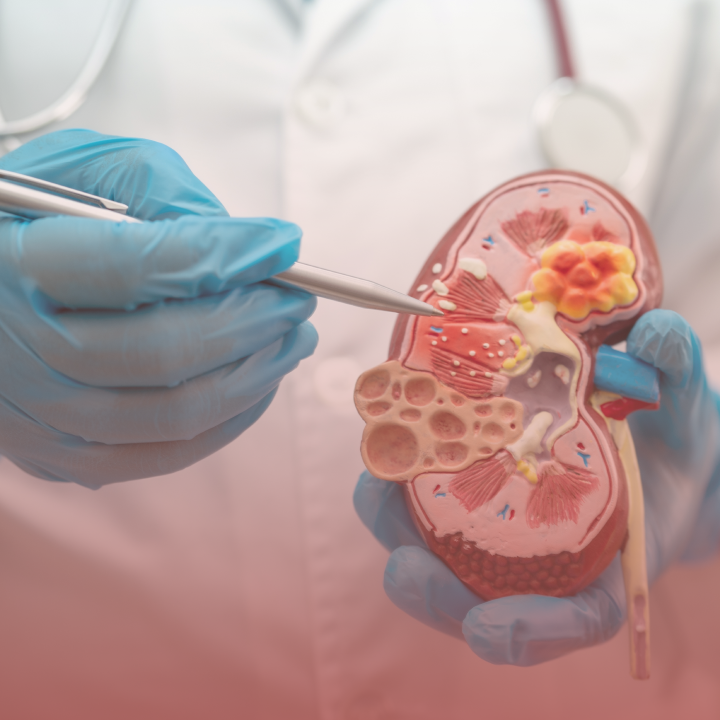
When your kidneys need care, you deserve nothing but the best. At the Asian Institute of Nephrology & Urology (AINU), we offer cutting-edge nephrology services designed to diagnose, treat, and manage all types of kidney-related conditions; from the routine to the complex.
With a proven track record of excellence, AINU now stands as the best nephrology hospital in Vizag.
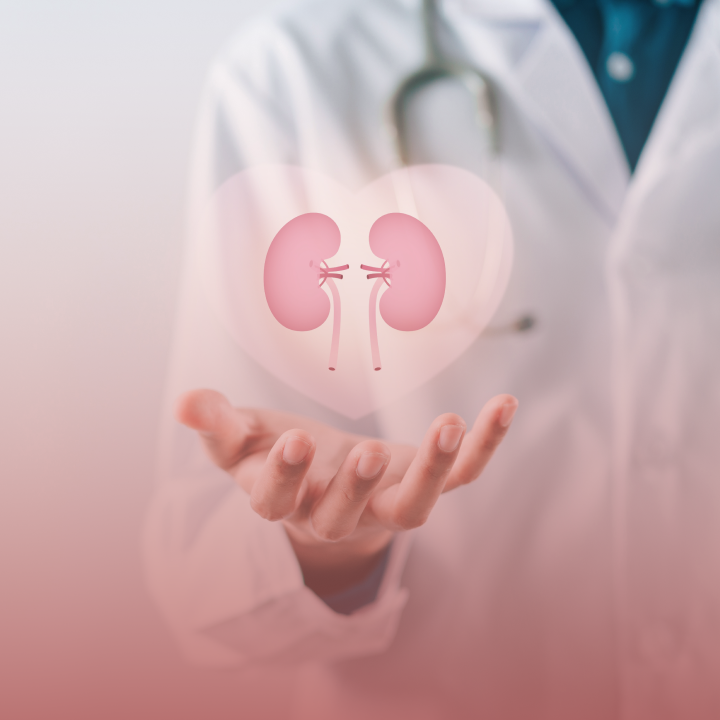
AINU's Department of Nephrology is led by a team of highly experienced nephrologists and supported by skilled dialysis technicians, transplant surgeons, and critical care experts.
We specialize in Renal Transplant, Hemodialysis & Hemodiafiltration, Peritoneal Dialysis, Kidney Biopsy, and Continuous Renal Replacement Therapy (CRRT). Our nephrology unit is designed for comfort, safety, and excellence.
We diagnose and manage a full range of kidney conditions, including:
If you're experiencing symptoms like swelling in legs or ankles, fatigue, frequent urination, blood in urine, or high blood pressure; consult our nephrologists today.
A renal transplant is a surgical procedure in which a healthy kidney from a living or deceased donor is placed into a patient whose kidneys are no longer functioning. This is often considered the most effective long-term treatment for end-stage kidney disease.
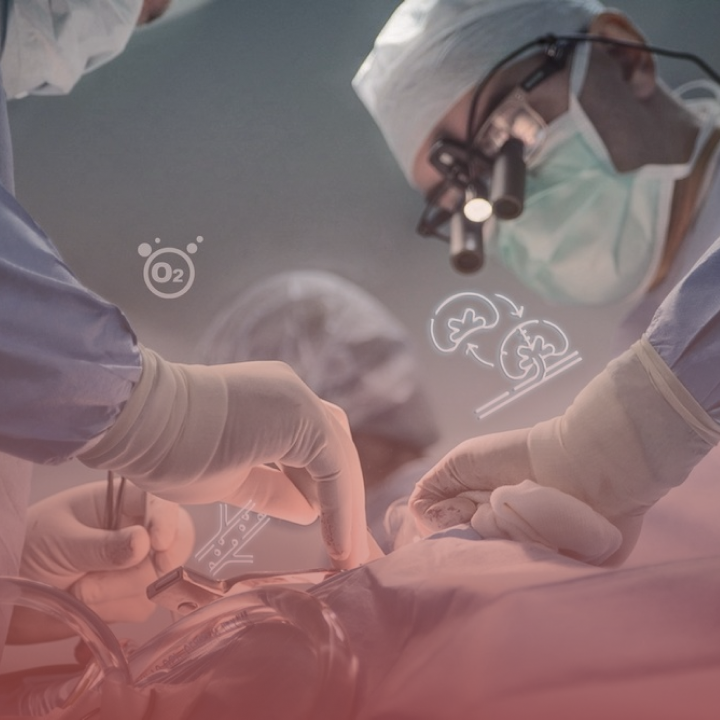
Before the transplant, patients undergo compatibility testing, and after surgery, lifelong medication is required to prevent organ rejection. Our transplant team provides comprehensive care with excellent success rates and long-term follow-up.

Hemodialysis is a treatment used when the kidneys are no longer able to filter waste and excess fluids from the blood effectively. During this procedure, blood is drawn from the body, passed through a dialyzer (an artificial kidney), and then returned to the body.
Our 24/7 dialysis services include over 100 advanced machines with strict infection control protocols. Each session is supervised by experienced nephrologists ensuring optimal patient comfort and safety.
Hemodiafiltration is an advanced form of dialysis that combines both hemodialysis and hemofiltration. It removes a broader range of waste products from the blood, including larger molecules, and is often recommended for patients who require enhanced toxin clearance.
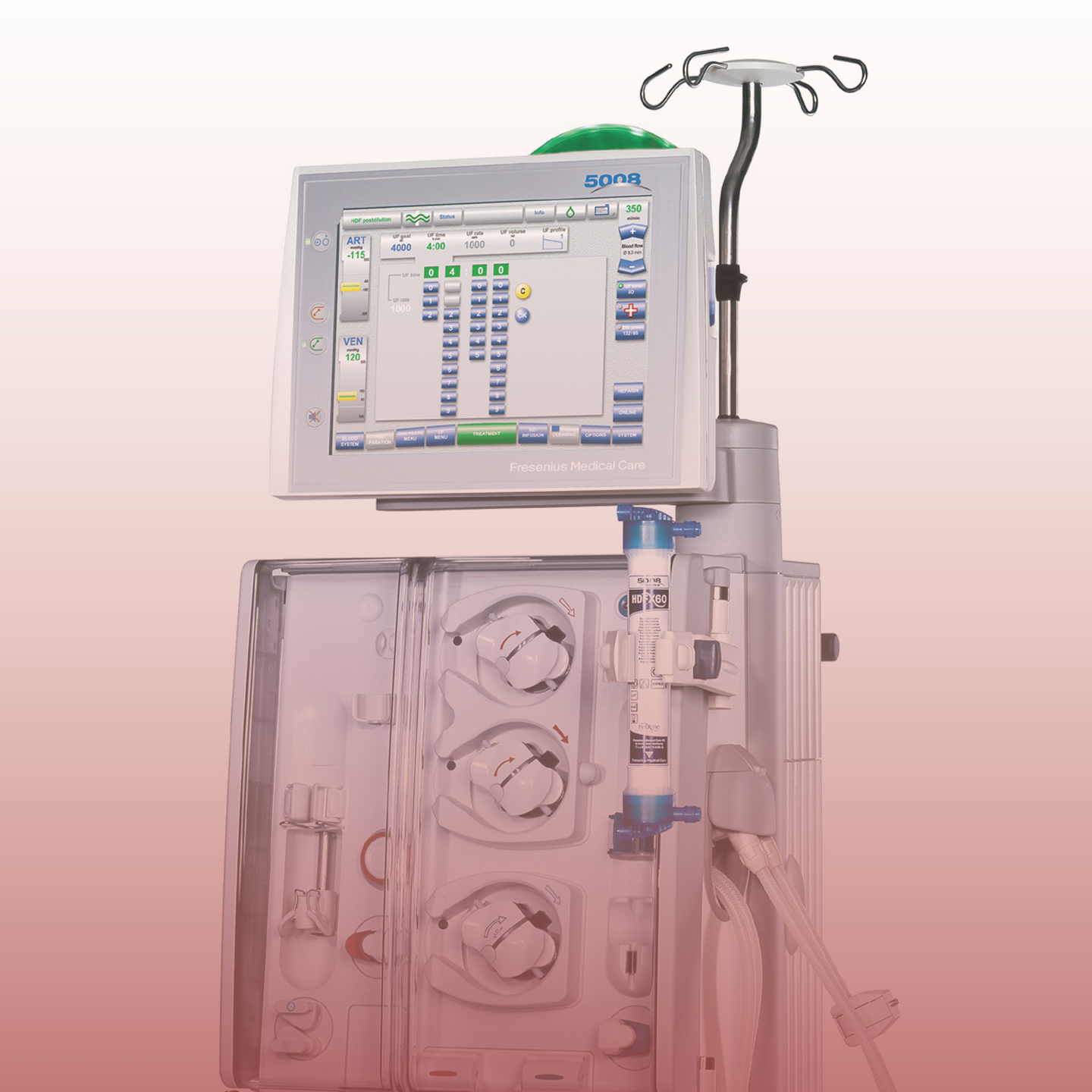
This treatment may offer improved outcomes in terms of blood pressure control, anemia, and inflammation. Our advanced HDF systems provide superior clearance of middle and large molecules for better patient outcomes.
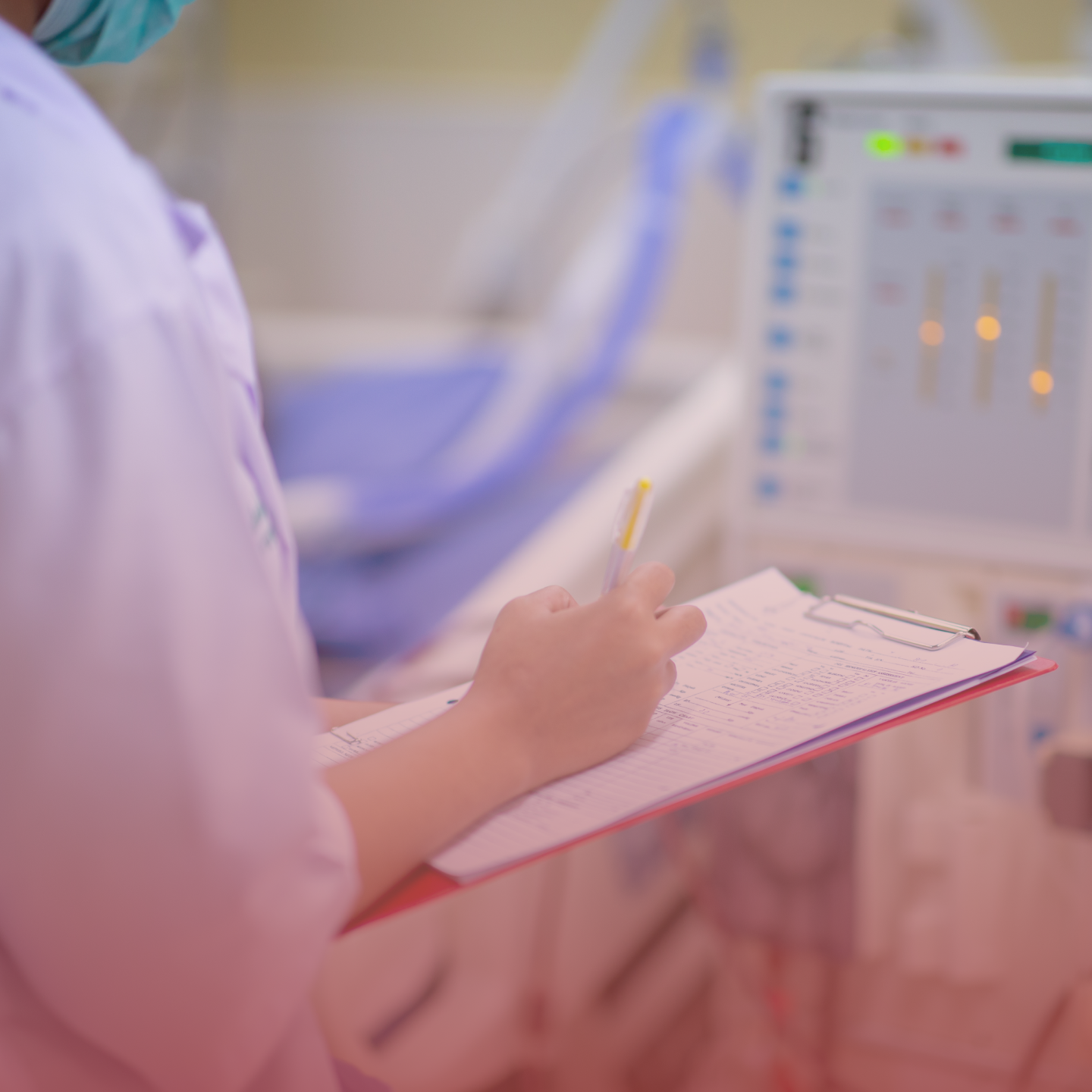
Peritoneal dialysis is a method that uses the lining of the abdomen (peritoneum) to filter blood inside the body. A soft tube (catheter) is surgically placed in the abdomen, and a cleansing fluid called dialysate is introduced and later drained.
This method is commonly used at home and provides more flexibility for patients, though it requires proper training and hygiene. Our team provides comprehensive training and ongoing support for patients choosing this option.
CRRT is a form of dialysis used primarily in intensive care units (ICUs) for patients who are critically ill and cannot tolerate standard hemodialysis. It operates continuously over 24 hours, allowing for gentler fluid removal and better control of electrolytes and waste products.
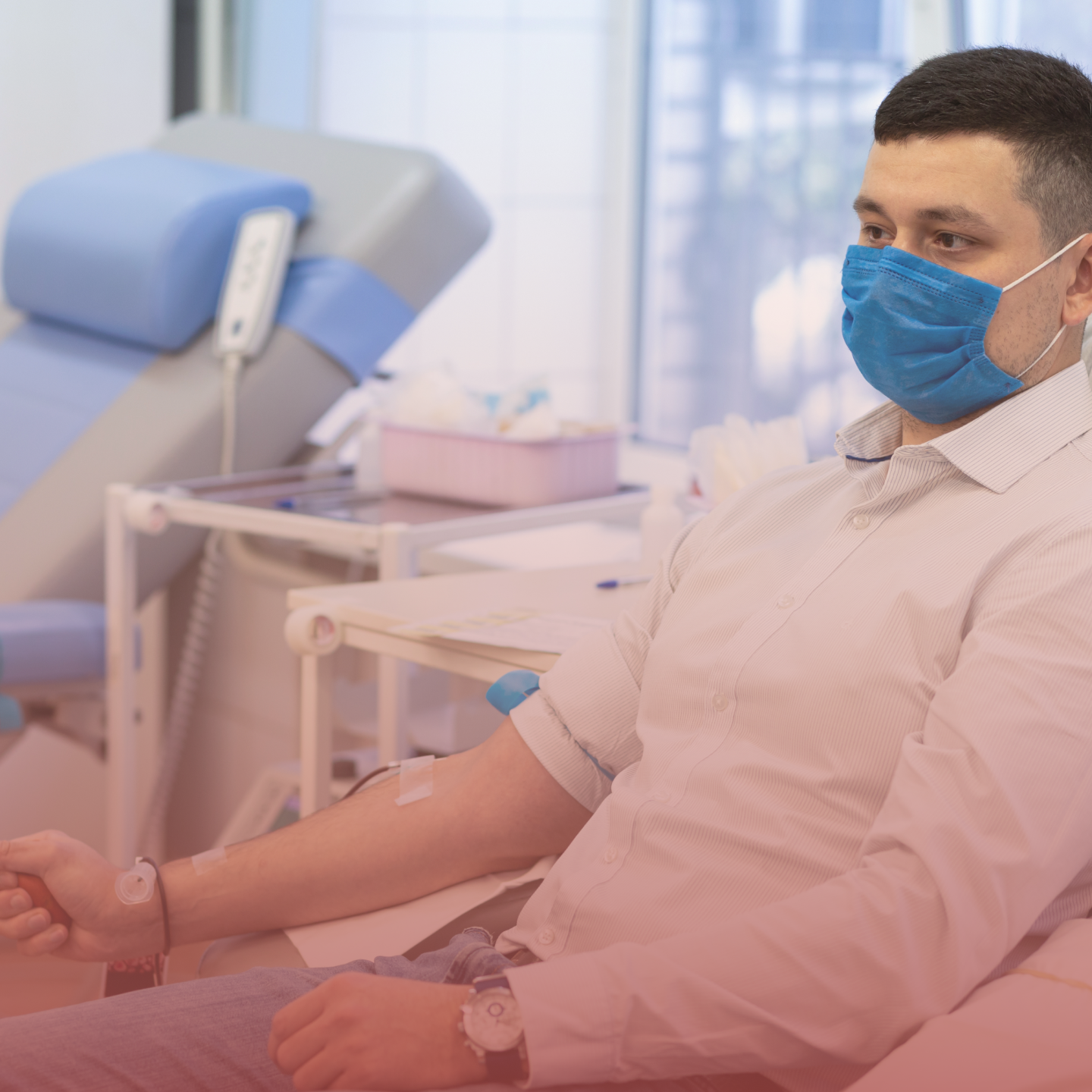
CRRT is closely monitored by trained specialists in our advanced ICU. Our critical care team works around the clock to provide intensive renal support for the most critically ill patients.